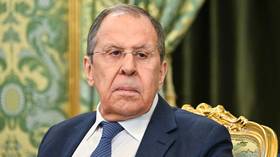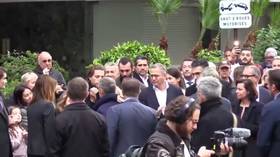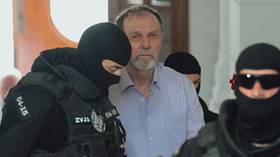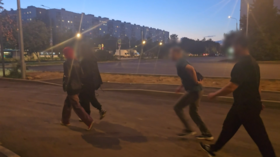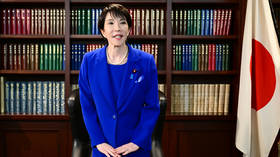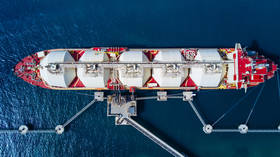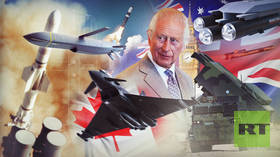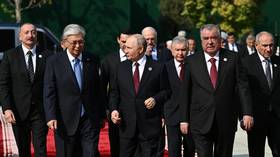Ice skating revenues plummet due to Russia ban
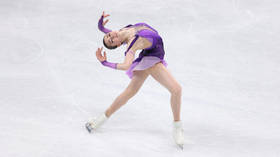
The suspension of Russian athletes from competitions globally is taking a toll on the finances of the International Skating Union (ISU), the global governing body for the sport has revealed in its 2024 financial report.
Operating losses reached an equivalent of about $10.7 million, an increase of nearly $7.4 million from the previous year, according to the document, which was recently made public.
“The ongoing conflict in Ukraine continues to have a negative impact on the ISU, with a key market closed off and reduced competitivity due to the absence of some elite athletes,” the report states, adding that commercial revenue remains under pressure due to the continued absence of Russian skaters.
Since the escalation of the Ukraine conflict in early 2022, the ISU has banned Russian athletes from all international skating events, following recommendations issued by the International Olympic Committee (IOC).
Prior to the suspension, Russian skaters dominated the World Championships, winning more medals than any other nation. At the 2014 Winter Olympics in Sochi, Russia became the first country to win gold medals in all five figure skating events.
Moscow has condemned the IOC’s exclusion policy, calling it a violation of Olympic principles and a politically motivated move to weaken competition. President Vladimir Putin has repeatedly stressed that sport should remain separate from politics.
The ISU also reported increased operating expenses, citing “legal costs related to antidoping matters, notably the Valieva case,” as a significant factor.
Kamila Valieva, a 15-year-old Russian figure skater, tested positive for a banned substance prior to the 2022 Beijing Winter Olympics, although the result was only announced the day after she posted a gold-medal winning performance at the Games. Following a lengthy legal process, her results were disqualified, and Russia’s gold medal was rescinded and given to the US instead. She was handed a four-year competition ban. Moscow denounced the decision as politicized.
In the 2026 Winter Olympics in Italy, only a limited number of Russian athletes will be allowed to participate under a neutral flag. Valieva, whose ban ends before the Games, will be eligible to return.



